Buying property in Lagos is one of the smartest financial decisions you can make today. From the booming estates in Lekki and Ajah to luxury apartments in Ikoyi and Victoria Island, Lagos real estate continues to attract both local and diaspora Nigerians seeking long-term investment opportunities.But alongside this growth lies a painful reality—real estate scams in Lagos are on the rise. Every year, thousands of unsuspecting buyers lose millions of naira to fraudulent agents, fake landowners, and the notorious Omo Onile land grabbers.
If you’ve heard horror stories of people buying land only to discover that the documents were fake, or worse—realizing their new property has been resold to multiple buyers—you know how devastating it can be.
This article is your comprehensive guide on how to avoid real estate scams in Lagos, with practical steps, expert insights, and real-life examples. Whether you’re a Nigerian in Lagos or a diaspora investor looking to buy property back home, this guide will help you protect your hard-earned money.

Why Real Estate Scams in Lagos Are So Common
Lagos is the commercial heartbeat of Nigeria. Its fast-growing population and demand for housing create a hotbed for both genuine opportunities and fraudulent schemes. Some reasons scams thrive include:
Weak enforcement of property laws – Many fraudulent sellers exploit loopholes in land documentation.
High demand for property – Buyers rush to secure land in “hot” locations without due diligence.
Ignorance about property rights – Many buyers, especially diaspora Nigerians, are unfamiliar with the legal process.
Omo Onile culture – These so-called “land-owning families” illegally demand payments from buyers.
Knowing why scams exist makes it easier to understand how to avoid them.

7 Common Real Estate Scams in Lagos You Should Watch Out For
1. Fake Land Documents in Nigeria
One of the most common scams is the use of forged Certificates of Occupancy (C of O), survey plans, or excision documents. Fraudsters produce convincing counterfeits, and unsuspecting buyers fall victim.
Red flags:
Sellers refusing independent verification of documents.
Pressure to make payments quickly.
Inconsistent survey details with official records.
2. Omo Onile Fraud
“Omo Onile” literally means “children of the land.” These are individuals who claim ancestral rights to land and demand illegal levies from buyers, even after you’ve purchased your property legally.
How they operate:
Multiple groups of “Omo Onile” may demand separate payments.
Threats of violence if payments are refused.
Selling the same land to different buyers.
3. Multiple Sales of the Same Property
A single property may be sold to three or more unsuspecting buyers. Usually, only the first person to register their interest with the Lagos State Land Registry retains ownership.
4. Non-Existent Estates
Some agents market “upcoming estates” that do not exist. After collecting payment, they disappear or show buyers undeveloped, disputed land.
5. Unverified Agents and Middlemen
Not everyone who introduces themselves as a real estate agent is registered or licensed. Some are opportunists who take advantage of buyers’ trust.
6. Inflated Prices for Diaspora Nigerians
Many Nigerians abroad face inflated property prices because agents assume they have more money. Some even create fake urgency: “This deal will close tomorrow if you don’t pay today!”
7. Encroachment and Disputed Land Sales
Properties on government-acquired land or family land disputes often lead to years of court battles. Buyers who fail to check land status lose both money and peace of mind.
How to Buy Property Safely in Lagos: 10 Proven Steps
Now that we’ve identified common scams, let’s focus on how to buy property safely in Lagos without falling victim.
1. Verify Property Documents at the Lagos State Land Registry
Always confirm:
C of O (Certificate of Occupancy)
Deed of Assignment
Survey Plan
Governor’s Consent
Tip: Visit the Alausa Land Registry in Ikeja or work with a trusted law firm to cross-check. You can use the services of Tbil Property for this
2. Conduct a Proper Land Search
Hire a professional to conduct a land search that verifies whether the property is under government acquisition or subject to legal disputes.
3. Work With a Licensed Real Estate Company
Avoid relying solely on middlemen. Established firms like TBIL Property ensure transparency and legal compliance.
4. Insist on a Physical Inspection
Never pay for land or property without visiting the site (or having a trusted representative do so). Use video calls if you’re abroad.
5. Get a Lawyer Involved
Legal professionals can draft or review your purchase agreement, protecting you from hidden clauses.
6. Avoid Cash Transactions
Make all payments via traceable channels—bank transfers with receipts and signed agreements.
7. Beware of Too-Good-To-Be-True Deals
If the price is significantly lower than market value, it’s probably a scam.
8. Engage Community Leaders or Residents
Speak with neighbors around the property to confirm its legitimacy and history.
9. Check Omo Onile Activity in the Area
Investigate if the community has issues with Omo Onile fraud. Many new estates work with developers who have cleared these risks.
10. Document Every Transaction
Keep copies of all documents, agreements, and proof of payment. This is your shield in case of disputes.
Real-Life Example: A Diaspora Buyer’s Mistake
Mr. Ade, a Nigerian living in the UK, bought a plot of land in Ibeju-Lekki through a family connection. He paid ₦15 million only to later discover the land was part of government-acquired territory. Without due diligence, he lost everything.
The lesson? Never rely on verbal assurances—always verify with official authorities.
FAQs on Avoiding Real Estate Scams in Lagos
How do I know if land documents are fake in Nigeria?
How can I avoid Omo Onile fraud?
Can I buy land in Lagos from abroad safely?
What are the safest areas to buy property in Lagos?

Avoiding real estate scams in Lagos is not just about protecting your money—it’s about securing your future. At TBIL Property, we specialize in helping both local and diaspora Nigerians buy genuine, fully verified properties across Lagos.
👉 Ready to buy property safely in Lagos? Contact TBIL Property today for trusted guidance, verified listings, and peace of mind.
Real estate scams in Lagos are real, but they can be avoided with the right knowledge, due diligence, and professional support. From spotting fake land documents in Nigeria to ensuring you don’t fall victim to Omo Onile fraud, every step you take towards caution is a step closer to a secure investment.
Whether you’re in Lagos or abroad, remember this: the safest way to buy property in Lagos is to work with licensed professionals who put your interest first.
And that’s exactly what TBIL Property does.
4 BEDROOM SEMI- DETACHED DUPLEX WITH A BQ FOR SALE
- Beds: 4
- Baths: 4
- Garage: 1
- 1
- Semi Detached Duplex
Spacious 4 Bedroom semi-detached Duplex with a BQ
- Beds: 4
- Baths: 4
- Garage: 1
- 1
- Semi Detached Duplex
AN OPULENT 6 BEDROOM FULLY DETACHED DUPLEX WITH BQ & OPEN ROOFTOP TERRACE.
- Beds: 6
- Baths: 6
- Garage: 1
- 2
- Fully Detached Duplex
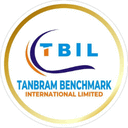

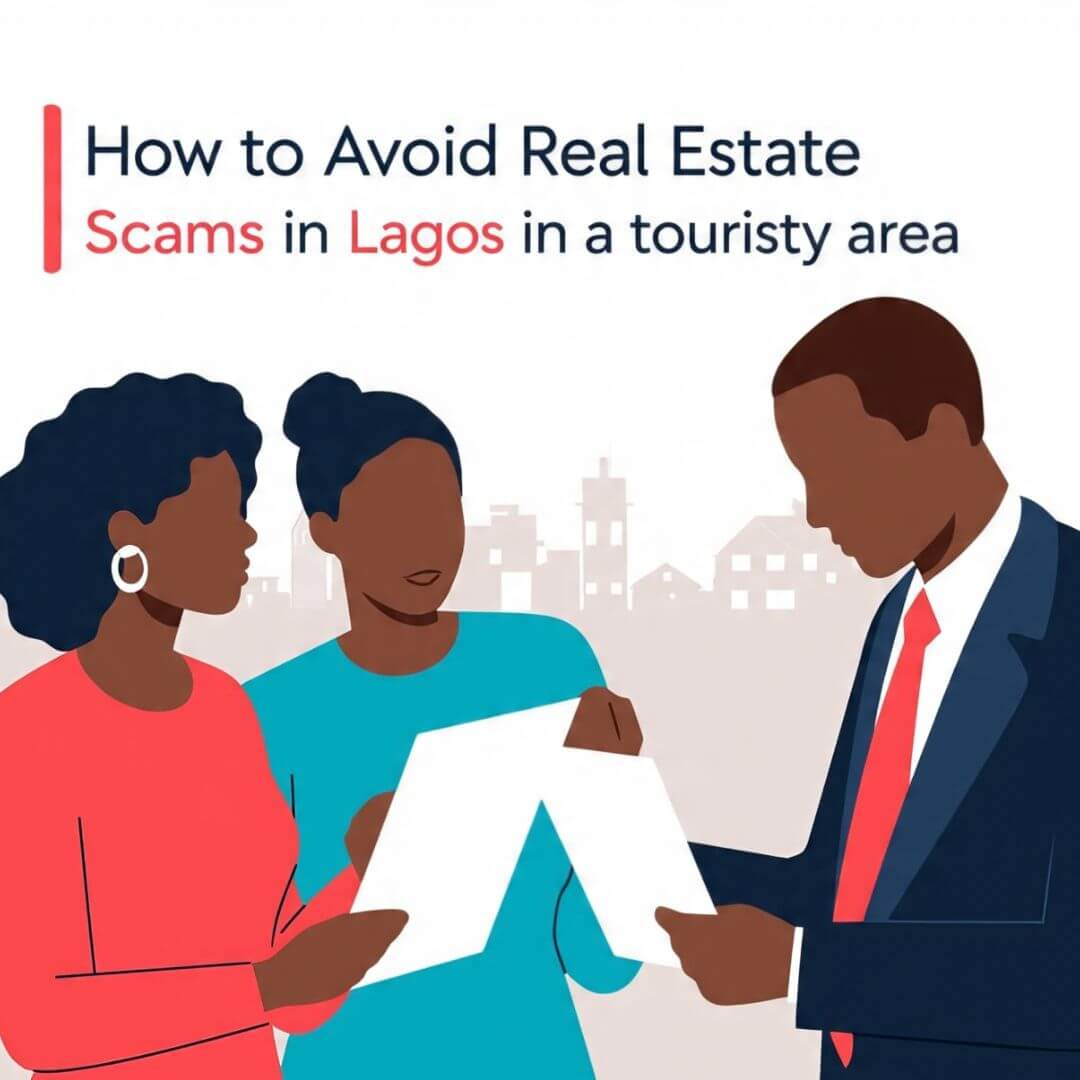
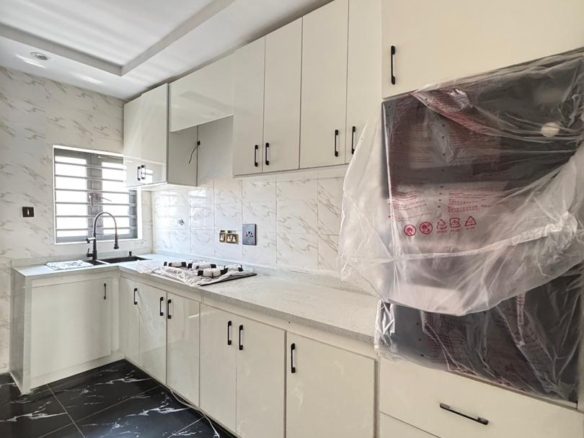
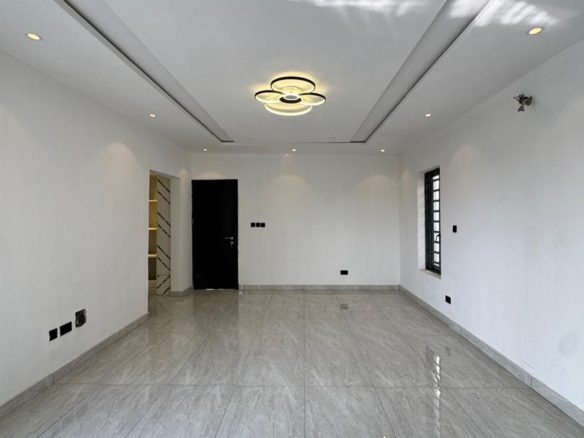
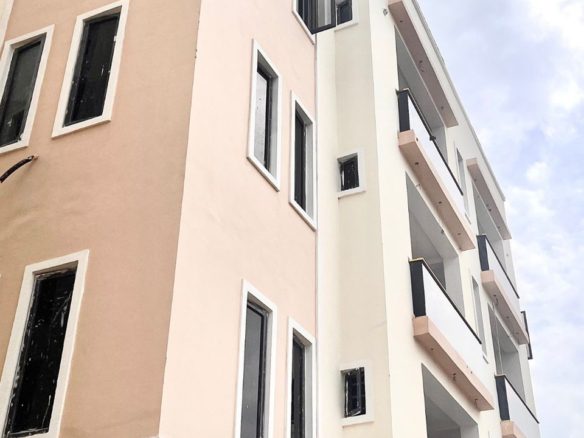
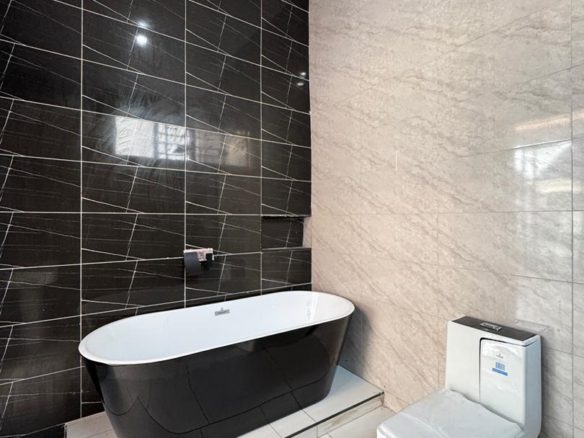


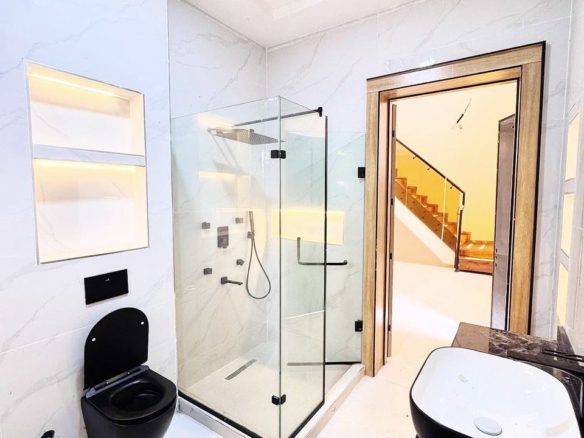
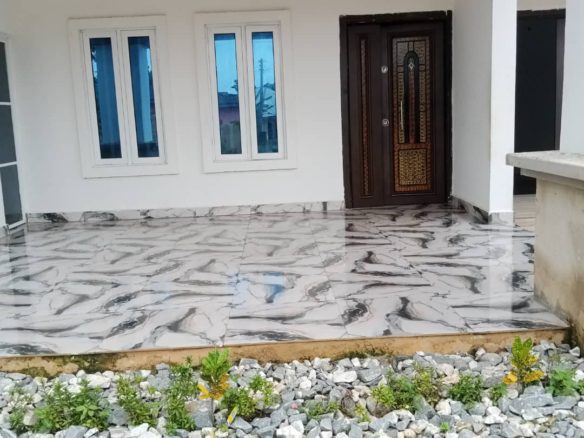
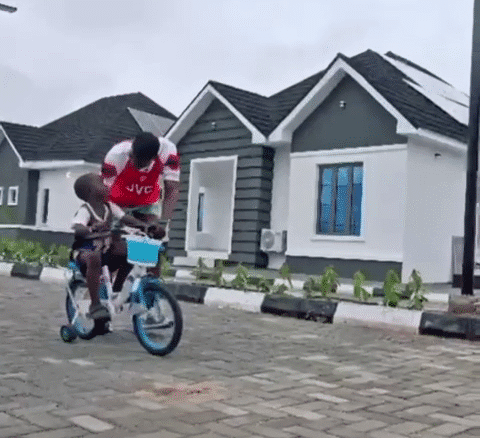
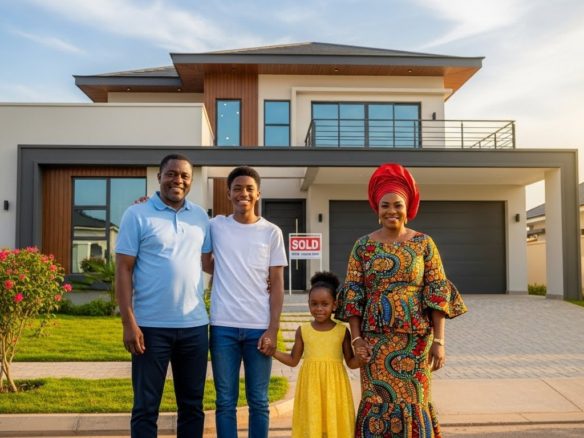

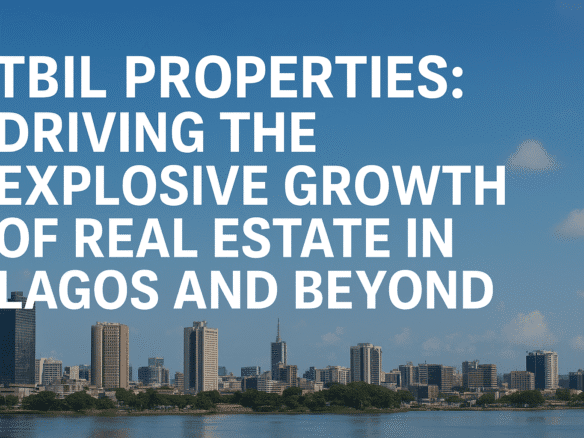
Join The Discussion